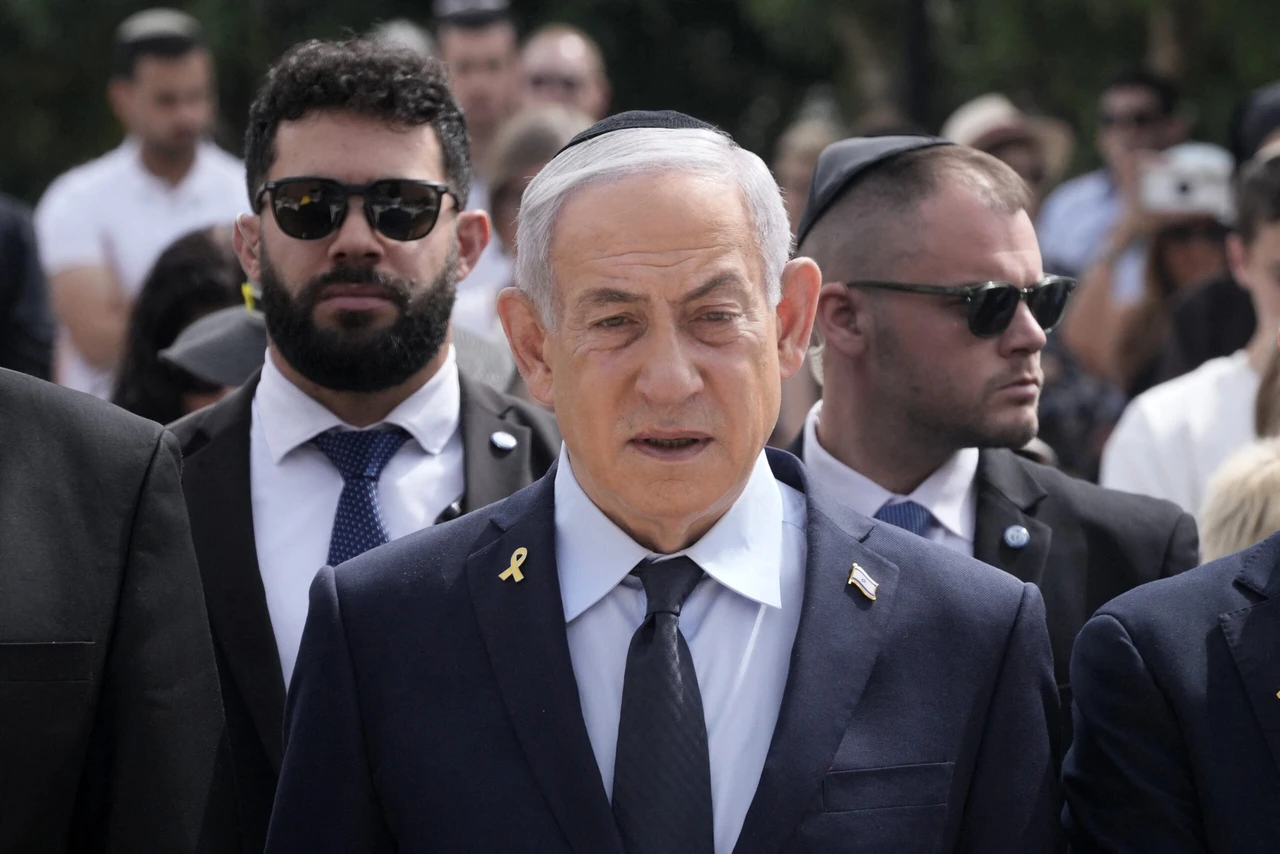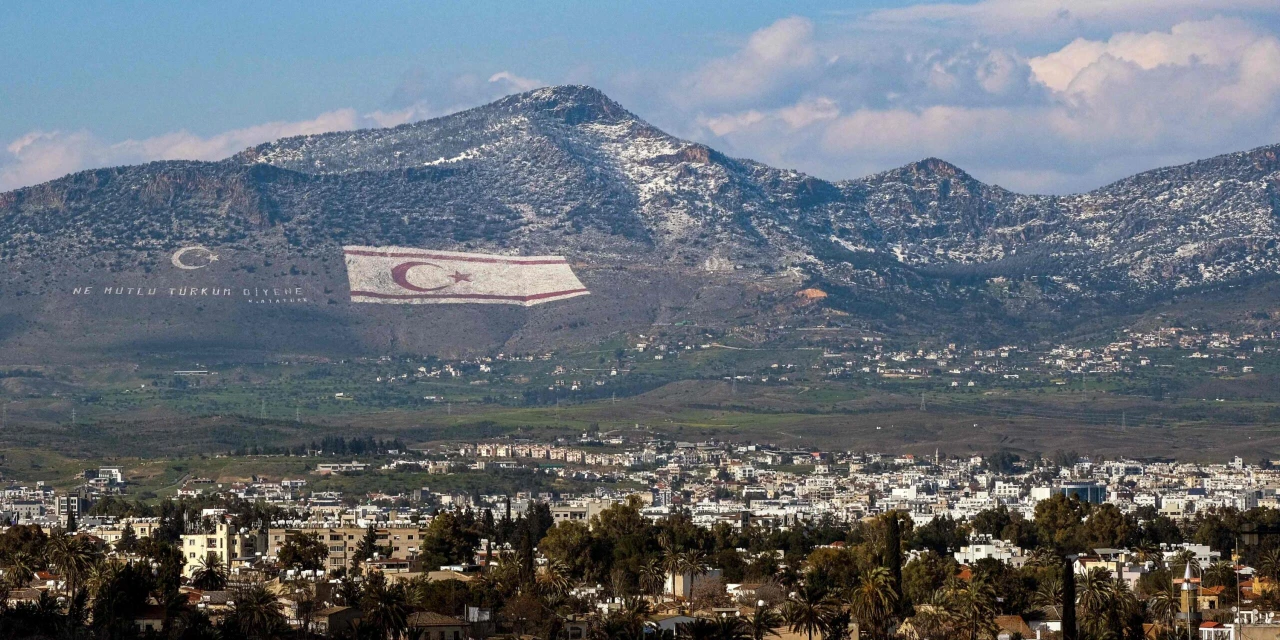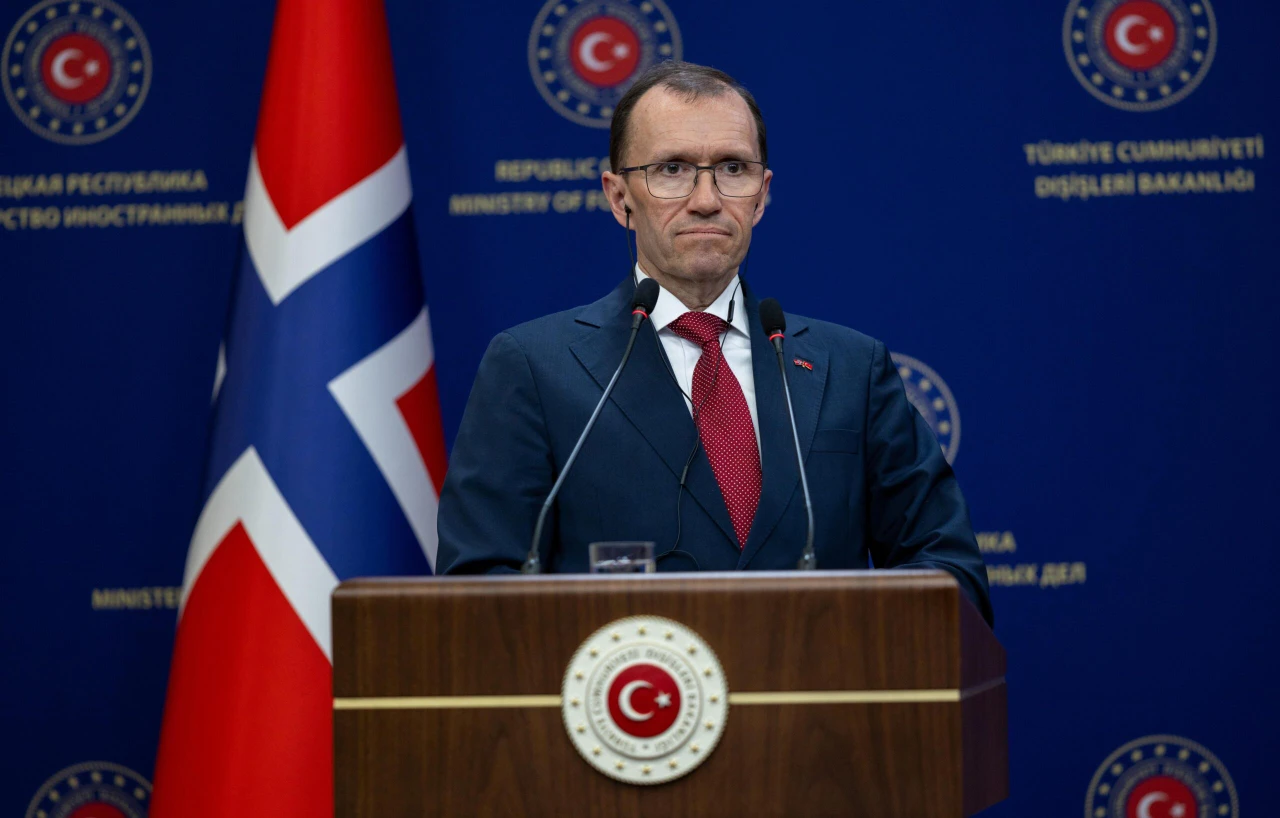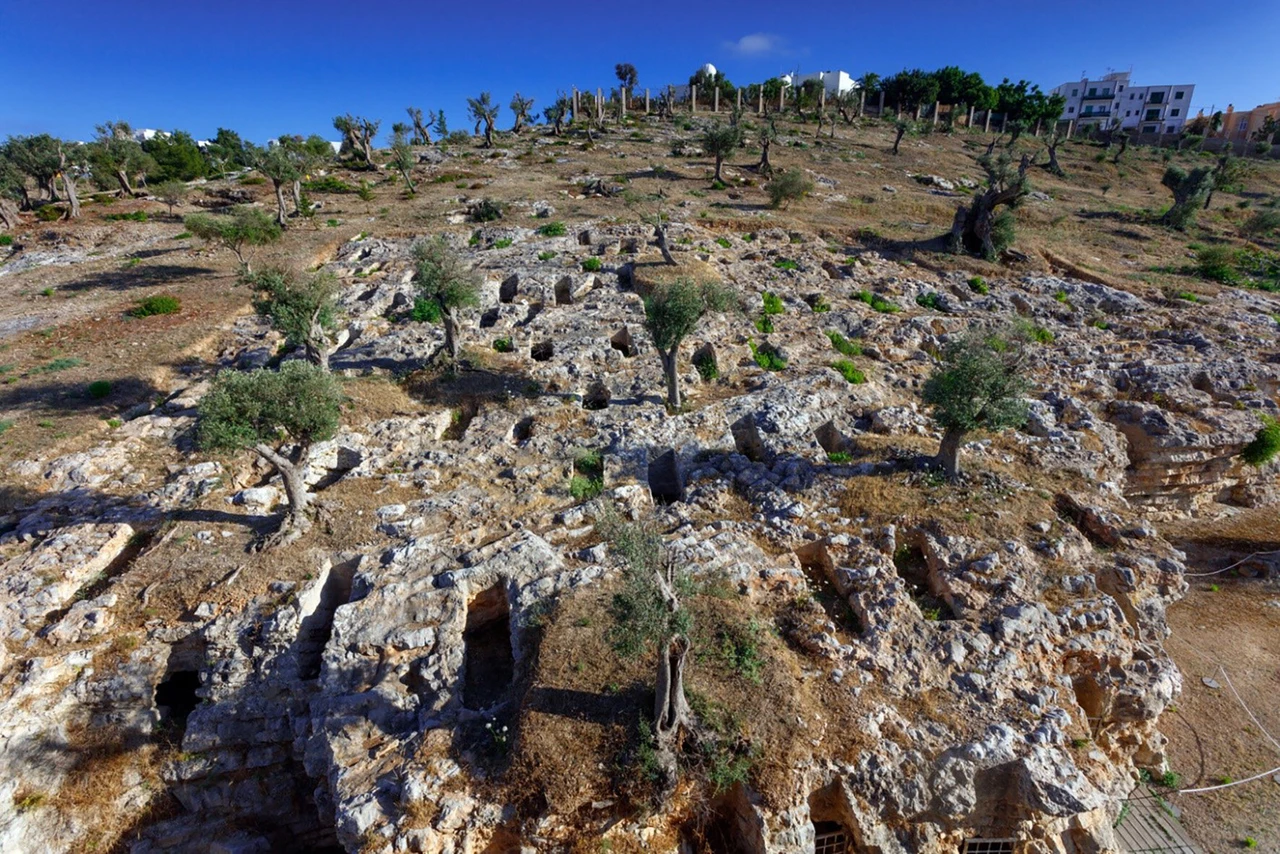Lebanon’s hopes of reviving tourism crushed by Israeli airstrikes
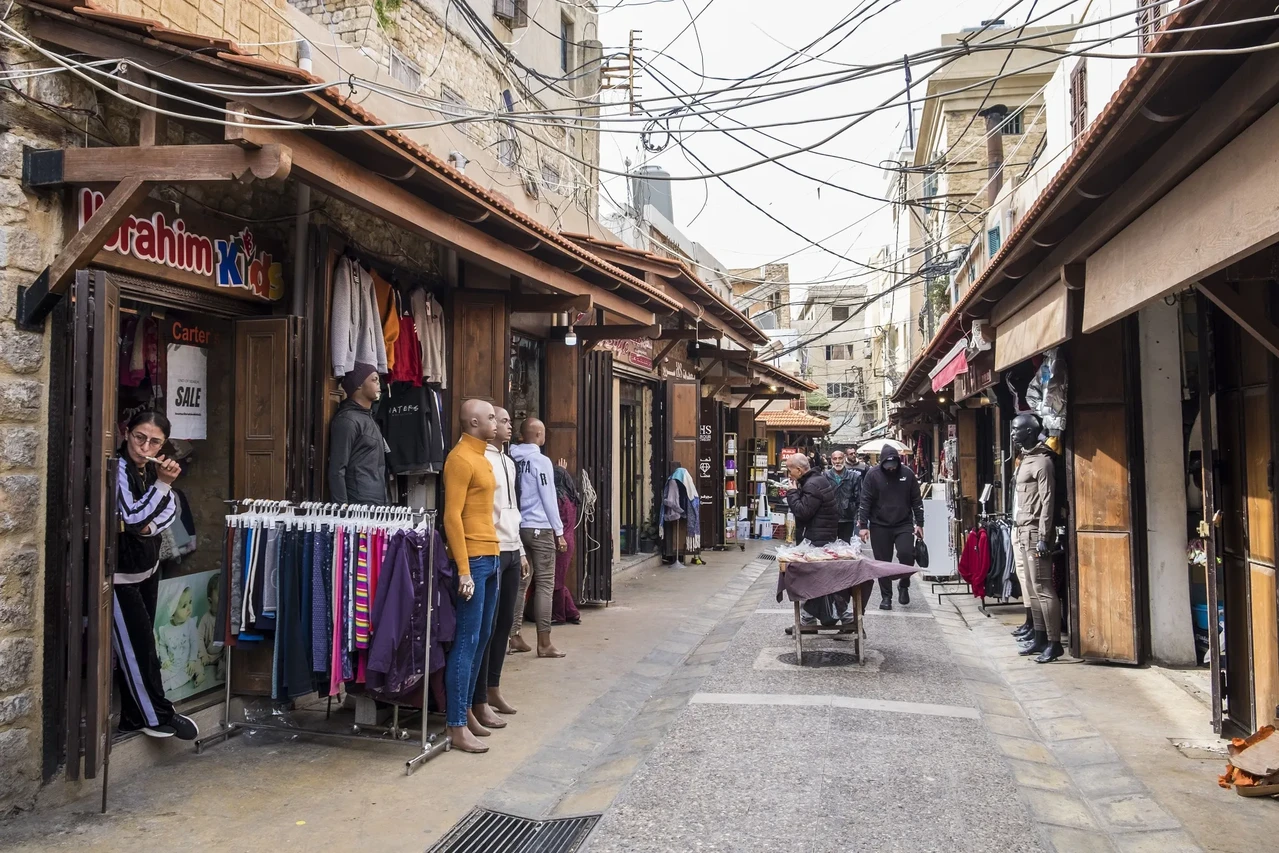 A local souk in Lebanon. (Photo via UCG/Universal Images Group Editorial)
A local souk in Lebanon. (Photo via UCG/Universal Images Group Editorial)
Lebanon’s aspiration to revitalize its struggling economy through tourism has been dealt a severe blow following an Israeli airstrike on Beirut and the escalating threat of all-out war.
The attack triggered a wave of travel bans, forcing tourists to abandon their plans and significantly impacting the nation’s economy.
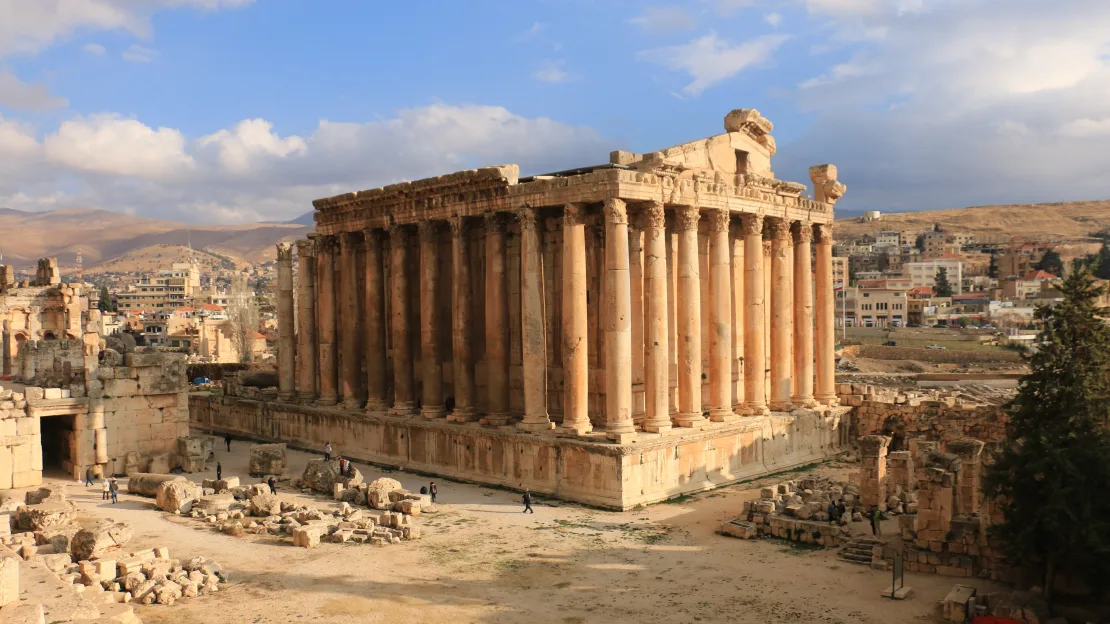
Impact on Lebanon’s tourism revenue
The summer season, which was expected to generate over $5 billion to $7 billion in tourism revenue, has seen a dramatic reversal. Lebanon’s Minister of Economy and Trade Amin Salam expressed deep disappointment, noting that the strike late last month has raised fears of a wider conflict between Israel and Hezbollah, effectively halting the inflow of tourists.
“Everyone who had booked canceled, and everyone who was here left. That sector froze. Hotels and stores are empty” Salam lamented from his Beirut office.
The airstrike, targeting Beirut’s southern suburbs, resulted in the death of a senior Hezbollah commander, Fuad Shukr, who Israel claimed was responsible for a deadly attack on the Israeli-controlled Golan Heights.
The conflict, which has intensified since the Israel-Hamas war began in October, has cost Lebanon more than $10 billion, according to Salam’s estimates, including lost revenue and infrastructure damage.
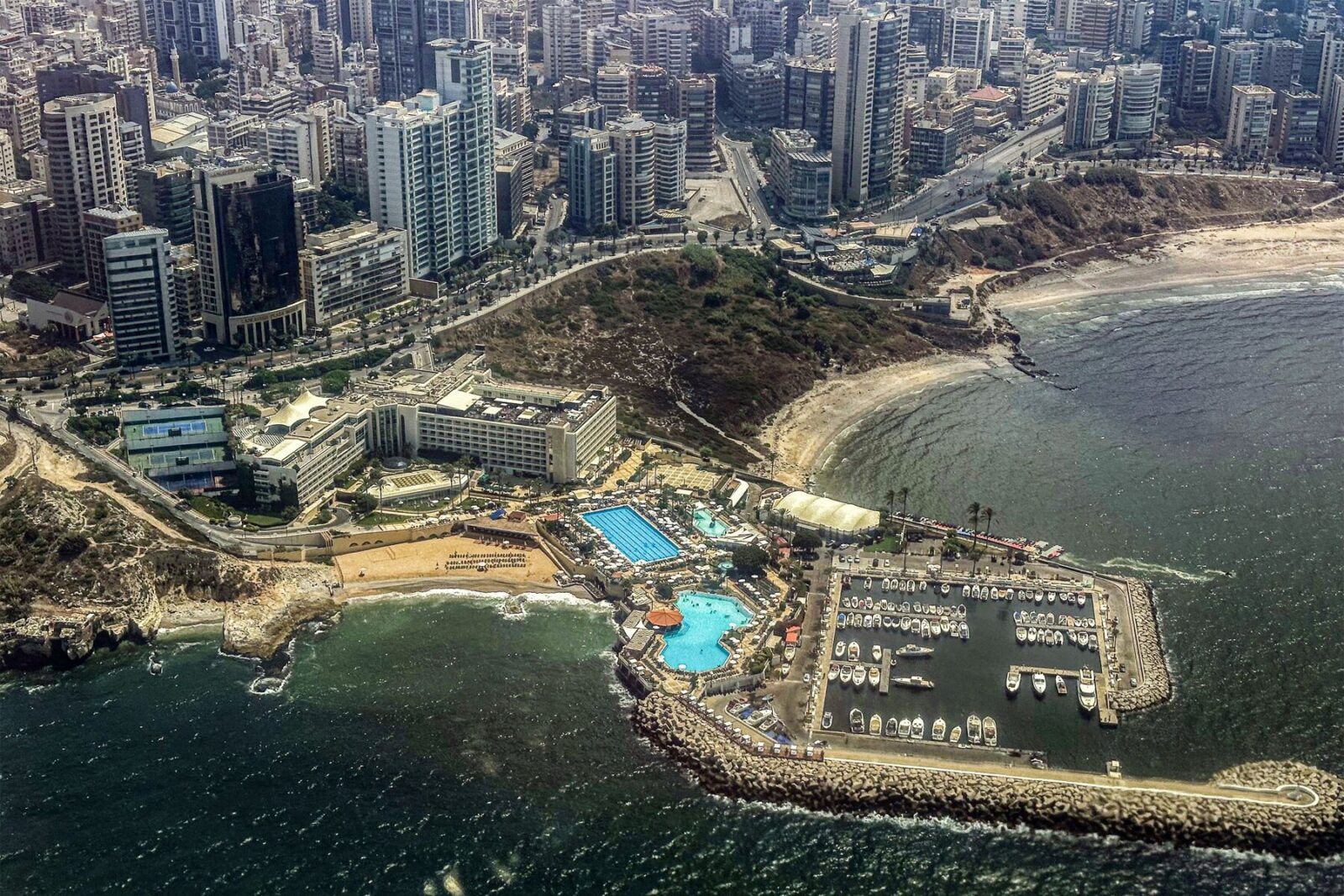
Economic devastation in Lebanon
The repercussions extend beyond tourism, with the ongoing conflict destroying hundreds of homes, businesses, and vast agricultural areas in Lebanon, a country already reeling from a severe economic crisis. Lebanon’s economy has been in a downward spiral since 2019, following a sharp decline in dollar inflows from its diaspora and a collapse in confidence in the government’s ability to manage its debt.
The economic crisis deepened after the catastrophic explosion at Beirut’s port in 2020, which killed around 220 people. Lebanon defaulted on more than $31 billion of bonds and remains excluded from international financial markets. Efforts to restructure its banking system and secure a loan from the International Monetary Fund (IMF) have stalled due to political disagreements.
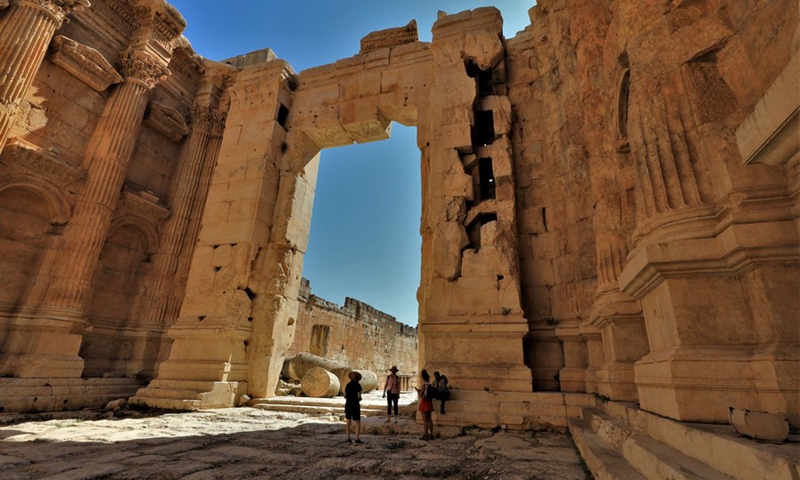
Dollarization as temporary fix
Amin Salam highlighted his decision to dollarize the economy as a temporary relief measure, which helped slow inflation from nearly 270% to 42% as of July. However, the economy remains fragile, with the inability to implement necessary reforms and restore international trust continuing to hinder recovery.
Salam emphasized the urgent need for foreign intervention and reform, stating, “First we need to regain people’s trust, and then the trust of the international community.”
